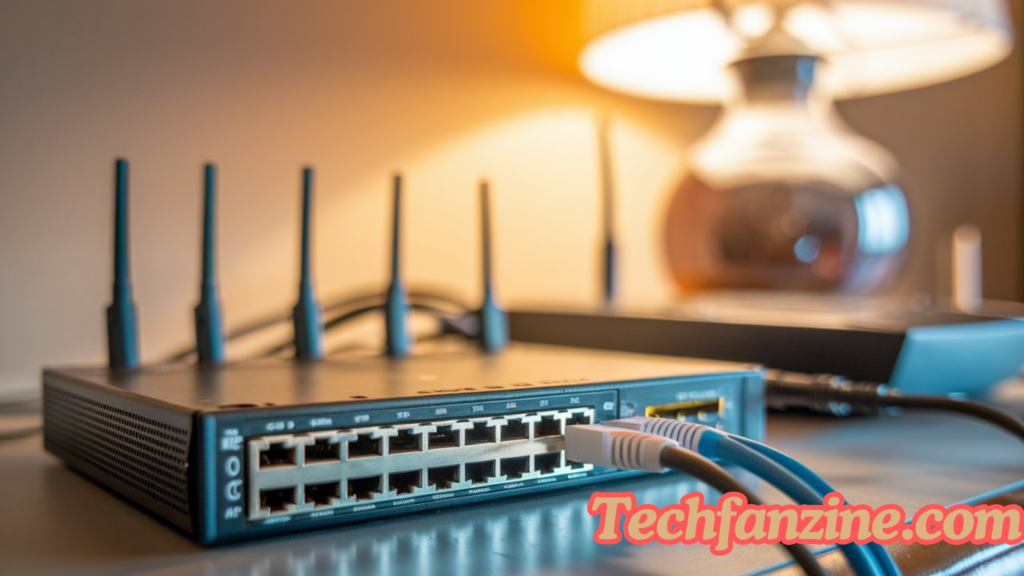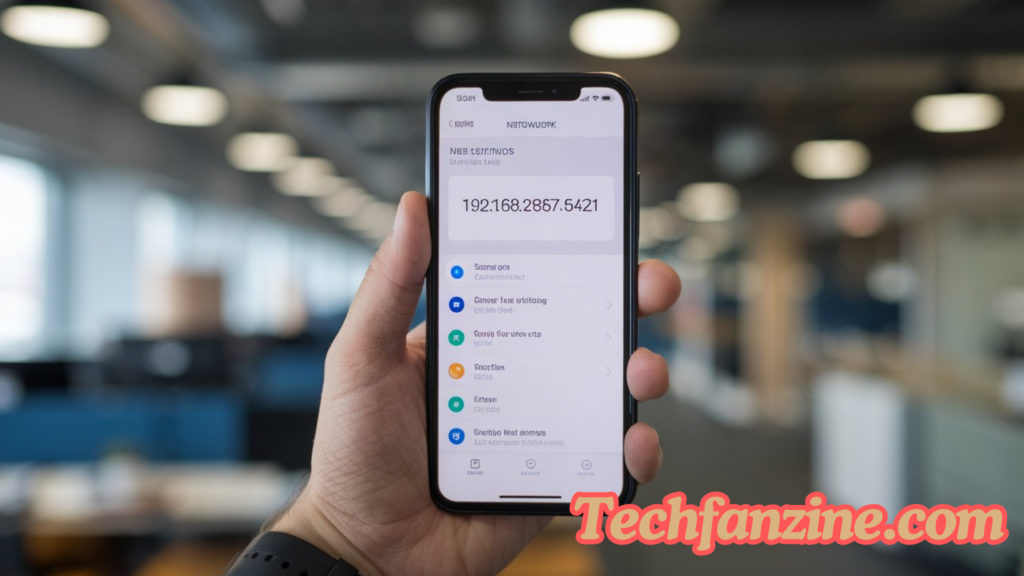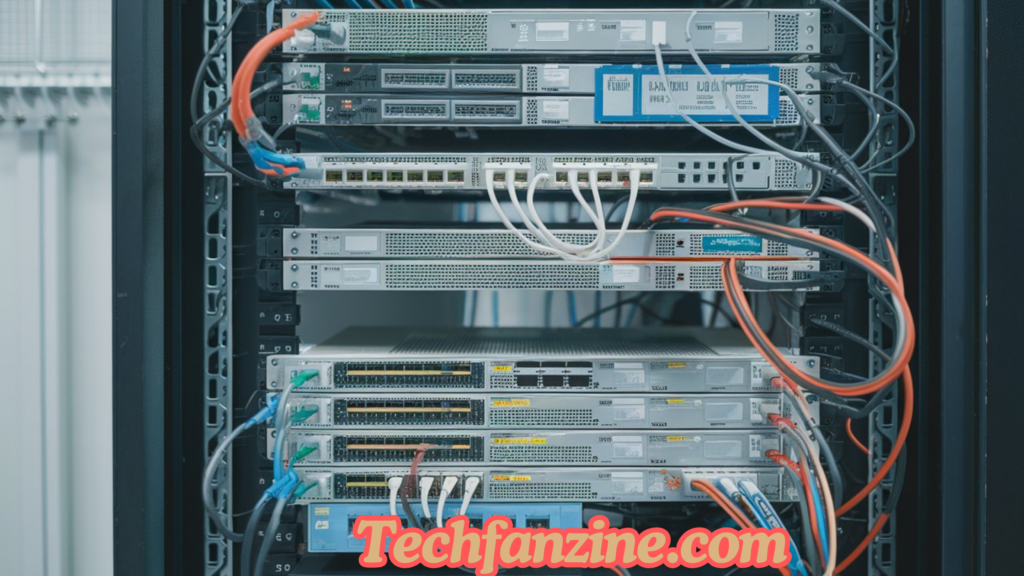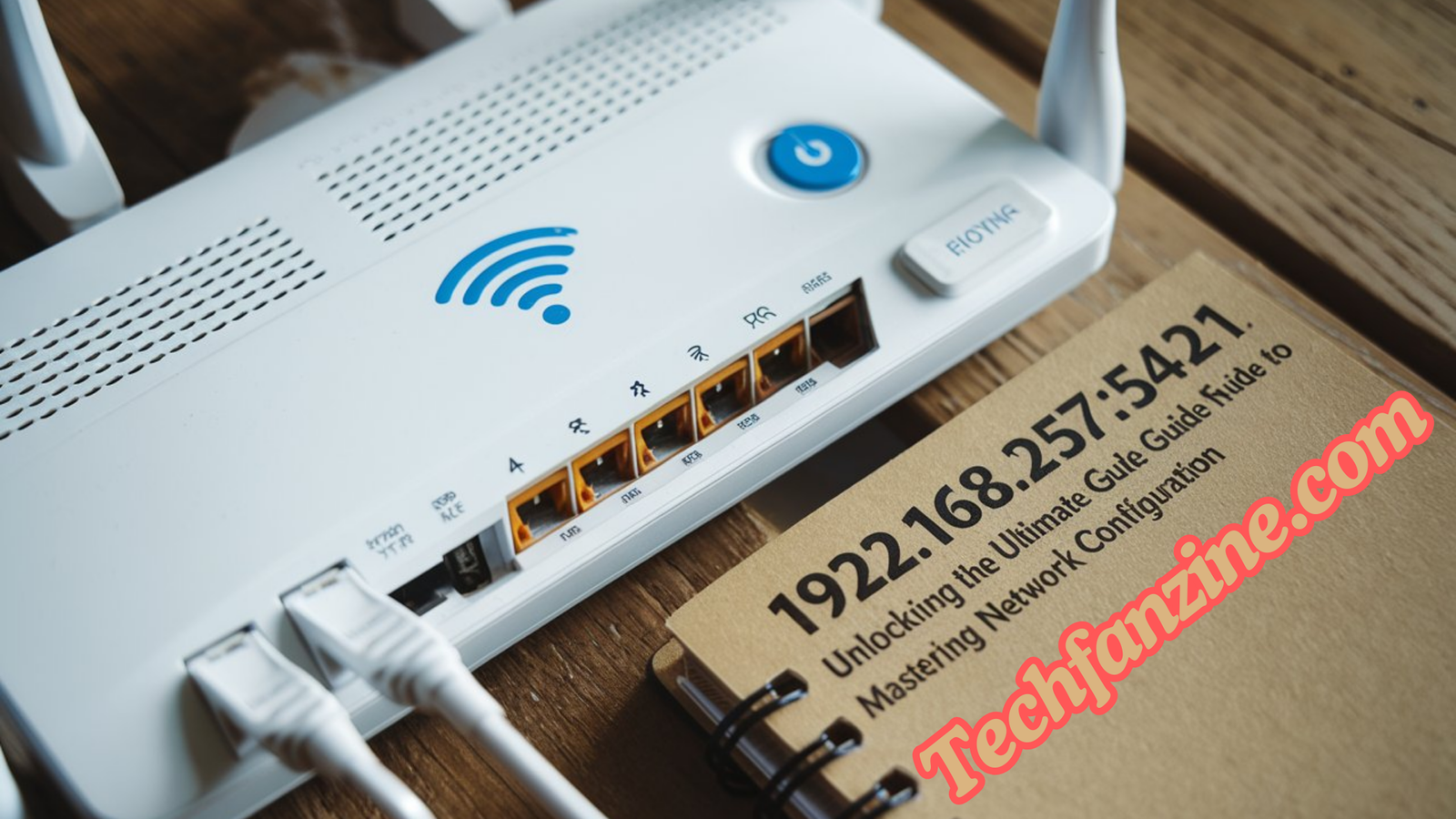Introduction
In networking, the IP address 192.168.28.57:5421 may seem like a random string of numbers, but it carries significant meaning. Understanding what this combination of numbers represents is essential for those who work with or are interested in network configurations, particularly within local area networks (LANs). This article aims to break down the concept behind the IP address 192.168.28.57:5421, making it accessible and easy to understand for everyone.
What Is an IP Address?
An IP address, like 192.168.28.57:5421, is a unique identifier assigned to each device connected to a network. It functions much like a postal address, enabling devices to locate and communicate with each other. The ‘192.168’ part signifies that this IP address is part of a private network commonly used in home and office settings.
Breaking Down 192.168.28.57:5421
The IP address 192.168.28.57 is part of the IPv4 address range, which consists of four sets of numbers separated by periods. Each number can range from 0 to 255. The specific combination ‘192.168’ is a reserved range for private networks, meaning that the IP address 192.168.28.57 cannot be accessed from outside the local network. The ‘:5421’ at the end refers to a port number used to identify specific services or applications on a device.

The Role of Port 5421 in 192.168.28.57:5421
Ports are essential in networking, allowing a single IP address to support multiple services. Port 5421 is a unique identifier for a particular service running on the device with the IP address 192.168.28.57. Ports range from 0 to 65535, with different numbers assigned to specific services by default. However, the service running on port 5421 can vary depending on the network setup.
Why 192.168.28.57:5421 Is Important
The IP address 192.168.28.57:5421 is crucial in scenarios where specific network configurations are necessary. For instance, knowing the exact IP address and port number is vital to accessing a particular application or service on a device within your network. This information ensures that data is correctly routed to the intended service without interference or confusion.
Configuring Your Network with 192.168.28.57:5421
Setting up a device to use the IP address involves assigning the IP address to the device and configuring the port number to direct Traffic to the desired service. This setup is commonly found when network administrators need to manage access to specific applications or services within a local network, such as web servers or database systems.
Security Implications of Using 192.168.28.57:5421
While 192.168.28.57:5421 is part of a private network, security considerations are still important. Unauthorized access to services running on specific ports can pose risks. Therefore, network administrators often implement security measures, such as firewalls, to protect the associated devices. Ensuring only authorized users can access the services on this IP and port is critical to network security.
Troubleshooting Issues with 192.168.28.57:5421
Occasionally, users may encounter problems when trying to connect to a service. Common issues include misconfigured settings, blocked ports, or network congestion. Troubleshooting involves checking the IP address and port configuration, ensuring that the device is properly connected to the network, and verifying that no firewall or security settings are blocking the connection.

Practical Applications of 192.168.28.57:5421
In real-world scenarios, 192.168.28.57:5421 might be used in various applications, such as hosting a small web server within a home or office network. By assigning the IP address 192.168.28.57 to the server and using port 5421, users can access the web server from other devices on the same network. This setup is particularly useful for local testing and development environments.
Configuring Routers and Firewalls for 192.168.28.57:5421
To ensure the smooth operation of the services associated with it, routers and firewalls may need to be configured. Port forwarding is a common technique used to direct Traffic from an external network to the appropriate device and port within the local network. By setting up port forwarding for 192.168.28.57:5421, administrators can ensure that the service is accessible outside the local network while maintaining security.
Monitoring Traffic
Network monitoring tools can track the Traffic going to and from 192.168.28.57:5421. These tools provide insights into how the service is used, identifying potential issues such as high traffic volumes or unauthorized access attempts. Network administrators can make informed decisions to optimize performance and enhance security by monitoring.
Customizing Services on 192.168.28.57:5421
One of the benefits of using a specific port, like 5421, is the ability to customize the services running on that port. For example, a developer might configure a custom application to run on 192.168.28.57:5421, allowing easy access and testing within a controlled environment. This flexibility makes it a valuable asset in development and testing scenarios.
Common Challenges
Despite its utility, there are challenges associated with using 192.168.28.57:5421. These can include difficulties managing multiple services on the same device, potential conflicts with other network configurations, and ongoing maintenance to ensure the service remains accessible and secure. Addressing these challenges requires understanding networking principles and regular attention to the network setup.
Best Practices for Using 192.168.28.57:5421
To get the most out of 192.168.28.57:5421, it’s essential to follow best practices. These include regularly updating the software and firmware of devices associated with the IP address, implementing strong security measures such as encryption and access controls, and maintaining clear documentation of the network setup. By adhering to these practices, you can ensure that it remains a reliable and secure part of your network.
The Future of IP Addresses like 192.168.28.57:5421
As technology evolves, so too does the landscape of networking. While IPv4 addresses like 192.168.28.57:5421 are still widely used, the transition to IPv6 is underway, offering a much larger pool of IP addresses. However, private IPv4 addresses will continue to play a crucial role in local networks for the foreseeable future, making them relevant for years.

Conclusion
Understanding the significance 192.168.28.57:5421 in networking is essential for anyone managing or configuring local networks. This IP address and port combination is a powerful tool for directing Traffic, customizing services, and ensuring secure access within a network. By grasping the concepts behind 192.168.28.57:5421, users can effectively manage their network resources and maintain a robust and secure network environment. Whether setting up a new service, troubleshooting an issue, or monitoring network traffic, it provides the flexibility and control needed to keep your network running smoothly.

